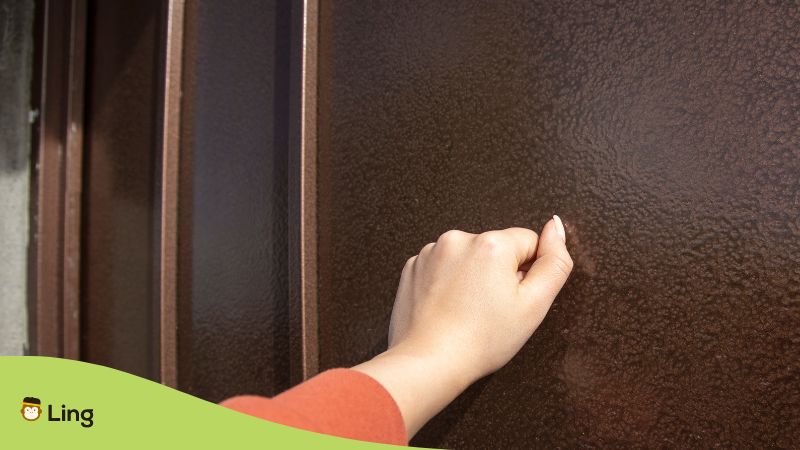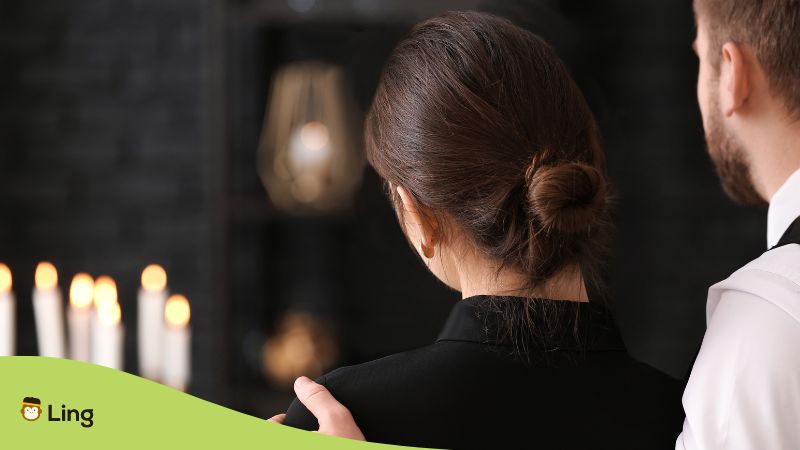Plenty of superstitions aim to predict what brings good and bad luck. Back in the olden days, people often tried to explain the uncanny events that would occur in their lives. It may seem unusual at first, but don’t we all need something to believe in every once in a while? In this blog post, we have collected the most interesting Malay superstitions that will surprise you.
Many superstitions scare the life out of people. You see, these beliefs may lack the presence of a scientific explanation, but they sure mirror the cultures and traditions of individuals from different races. The Malay culture has its fair share of superstitions that have been passed down through generations. These beliefs are often deeply ingrained in daily life and are observed by many as a sign of respect for tradition and cultural practices. So, ready to learn about some of them?
11 Malay Superstitions That’ll Surprise You
Superstitions have a unique way of instilling fear inside your head; you may even fear getting a shower or eating certain foods. Sit back and relax as we introduce the most interesting beliefs you’ve probably never heard of!
1. Vampires Or “Pontianak”
One of the best ways to scare kids would include the presence of frightful ghosts like Pontianak. It was said that this was the spirit of a woman who passed away during childbirth. They’re also often called female vampires in other resources. These evil spirits often hunt for men and have a distinctive cry that allows you to know their location. If you hear a Pontianak wail from afar, you better run, as it means she’s already close to you, and vice versa.

2. Whistling At Night
I’ve always thought that whistling was such a fun way to kill boredom, but now, I might just pee myself in sleep. This old wives’ tale believes that making this sound at night can attract the attention of unseen creatures. So, children are often told not to do this to prevent unwanted visitors from entering their homes.

3. Knocking On The Door
The sight of a gloomy and eerie forest, plus the presence of snakes, is probably enough to scare you off. However, if you’re a brave adventurer who loves the thrilling ride to the woods, then you might want to knock on a tree before entering any unfamiliar place. In Malay culture, they first ask for permission by knocking on a tree or literally asking out loud if they can invade certain places before entering. You wouldn’t want to disturb any of the entities you can’t see, right?
4. Cutting Nails At Night
If you’re a Malay native, you probably heard your parents tell you that you shouldn’t cut your nails at night. You probably wondered why it was such a big deal. For context, it was said that chipping your nails at night can attract unwanted ghosts. The pieces of nails that fall onto the floor can seep through the floor and permit spirits to take over your life.

5. After Funeral Rituals
Different cultures have their own customs when visiting a funeral. In Malay, you must sprinkle yourself with flower water or wash your hands before entering someone’s home after visiting a funeral. People say that doing this allows you to cleanse bad luck or spirits that may have attached themselves to you. But hey, look behind you. Do you see anyone? (*wink wink)
6. Don’t Sweep The Floor At Night
Want to get rich? Then let go of that broom and go to sleep. Aah… these superstitions have seemingly endless theories, but there’s no harm in believing them. So, according to Malay superstitions, you should never sweep the floor at night, no matter how tempting it is because you wouldn’t want to shoo away a fortune, would you?

7. Pregnant Women And Funerals
Another one related to funerals. Gulp! Pregnant women are traditionally advised not to attend funerals, as it’s believed that the negative energy or spirits might harm the unborn child. So, if you’re someone who’s carrying a young fetus, would you dare to visit a funeral?
8. Never Write Someone’s Name In Red Ink
There are plenty of Asian cultures that believe that writing a person’s name in red ink might make them unlucky… Or worse, experience death. It’s common knowledge in certain countries that this ink color is often used when writing a dead person’s name. So, beware of doing this because you wouldn’t want to be the next Light Yagami from Death Note, would you?
9. Stepping Over Food
Here’s another superstition that you need to remember: you should never step over food. Apparently, walking over it shows disrespect to “Semangat Padj” also known as the “Rice Spirit.” You see, rice is one of the most important foods in their culture, so doing such actions may lead to bad luck.

10. Never Open An Umbrella Indoors
You may be familiar with this superstition. You must never open an umbrella inside your house. Although its origin is quite unknown, the most famous reason is that it may give you bad luck as it angers the sun deity, Ra.
11. Announcing Your Intentions In the Jungle
Have you and your friends ever visited a jungle that seems like the one you find in horror movies? There are plenty of tales about ghosts and forest spirits lurking around areas like this, and it’s better to be prepared when entering such places. So, in this superstition, you must remember to announce your intentions to avoid getting on the bad side of these forest spirits!
Want To Learn More About Malay? Get Ling Today!
These superstitions are just a snapshot of Malay culture’s many beliefs and traditions. Like all cultures, while some might strictly adhere to these superstitions, others might view them as old tales or stories handed down through generations. However, one thing’s for sure: They can interest adventurers and linguists like you alike!
And if this inspires you to explore more of Malay culture and gain mastery over the Malay language, then why not try Ling today? With the app, you won’t have any trouble learning new lexicons. It won’t bore you until you yourself clock out because plenty of fun activities are waiting for you! Not to mention that it also has well-designed lesson plans. So, are you ready to discover the 60+ languages it offers?
Download Ling today on Play Store and App Store.



































































